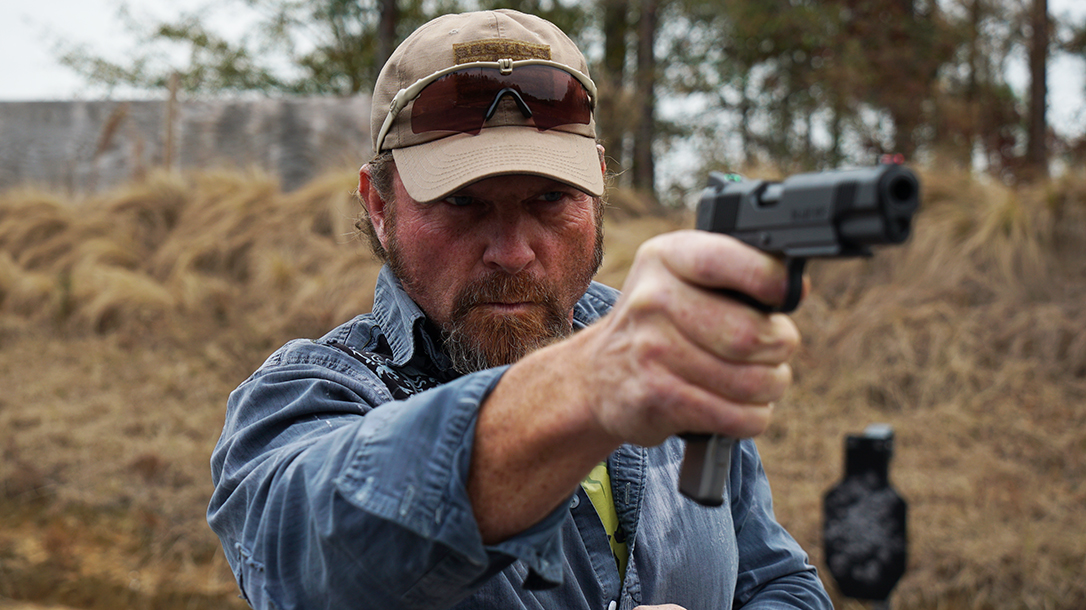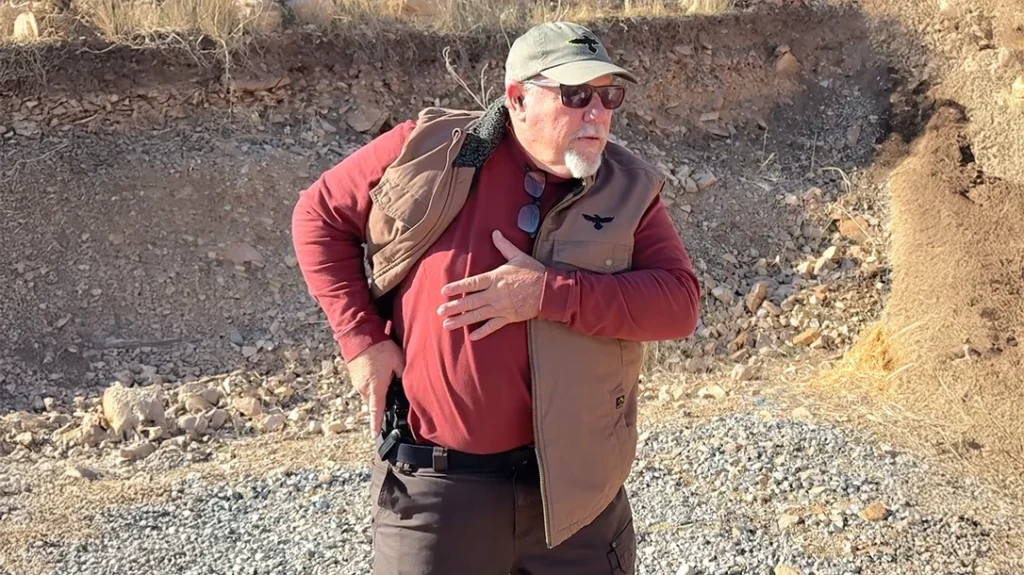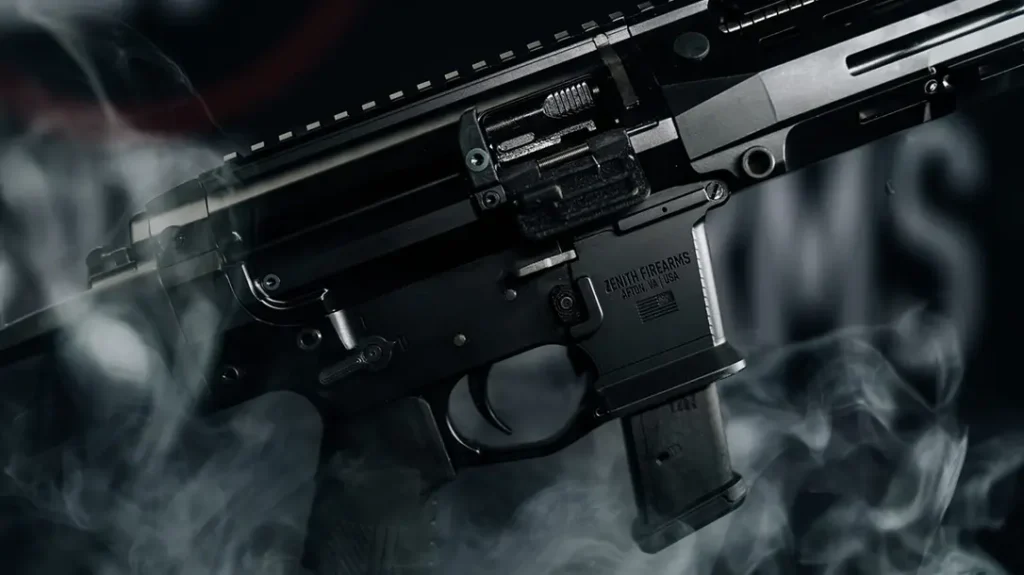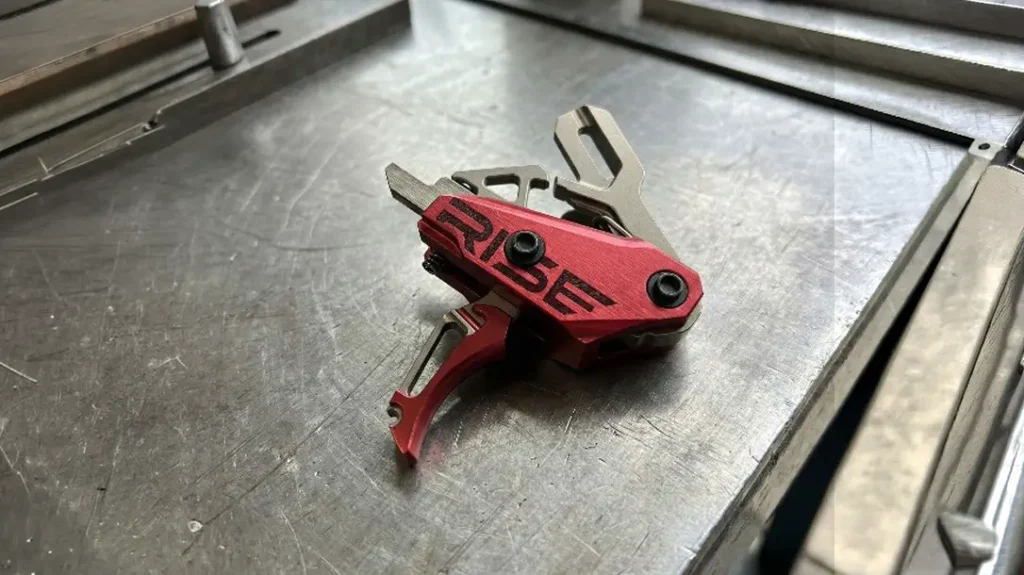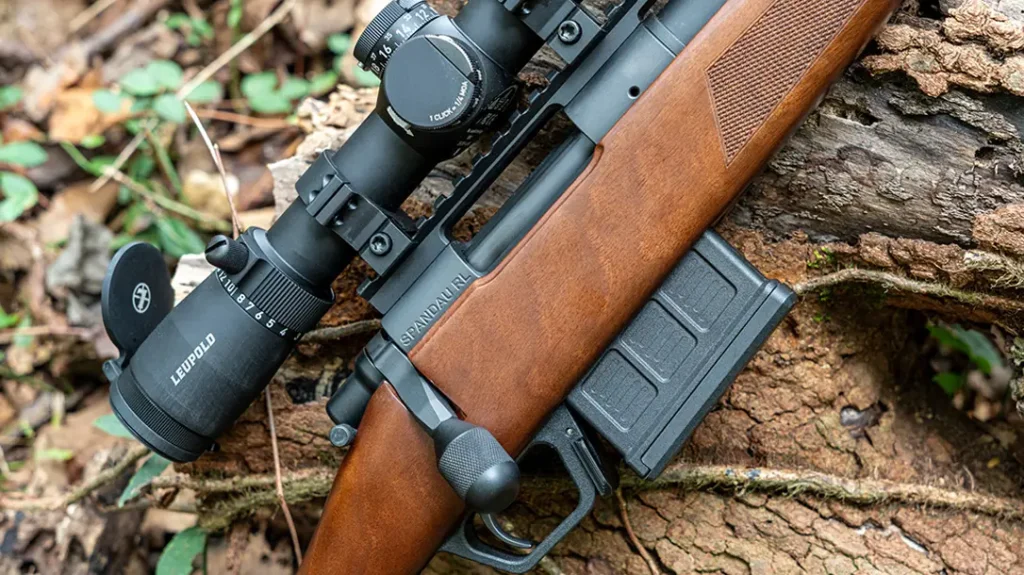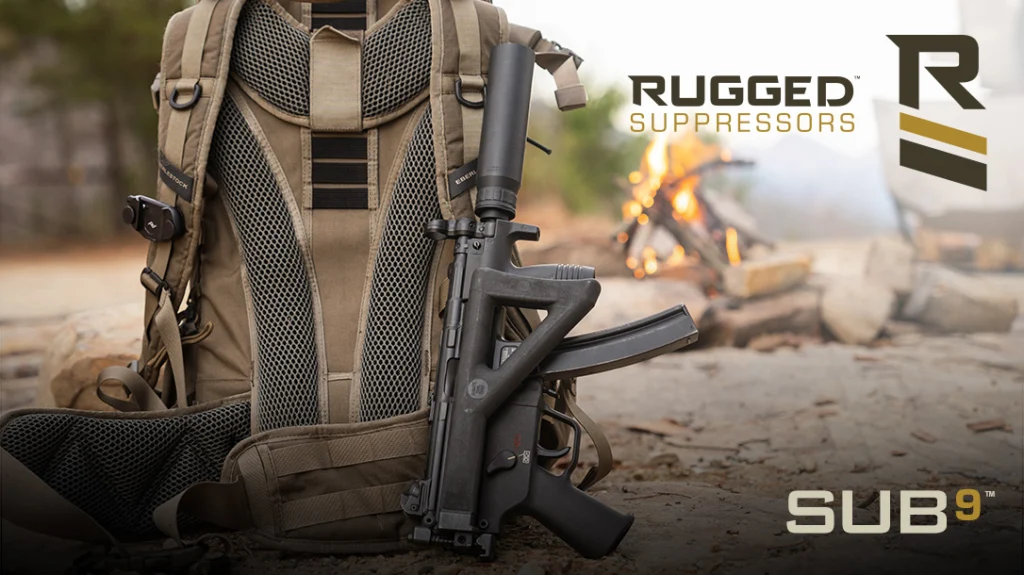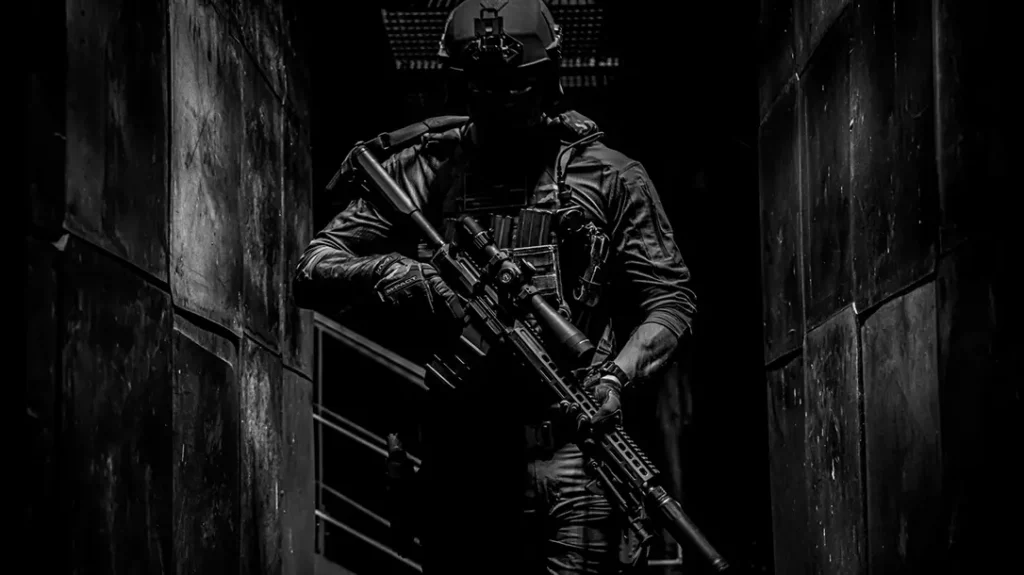I had a job in Eastern Europe during the Cold War that, in a nutshell, consisted of emplacing spy networks for would-be double agents. It was in a spy hotbed—high-speed ’80s stuff in a low-tech ’80s world. Practicing “good demeanor” was a constant mantra. Good demeanor was flavor-of-the-day jargon, so we even had demeanor classes. This cracked me up a bit. When it comes to deportment, you’ve either got it or you don’t. Stevie Wonder could’ve picked out some spec-ops knuckle dragger trying to pass as Eurotrash.
Tradecraft
Anyway, in order to blend in, one had to walk a line between truly not giving a shit and being completely switched on at the same time. And if you think a true spy walks around all nonchalant, unprepared for the worst, you’ve been misled.
Advertisement — Continue Reading Below
The Right Stuff
There are a lot of guides for kits to help you survive miles from anywhere, but how often do you end up miles from anywhere? What about the everyday, mundane situations where you constantly find yourself saying, “If only I had (fill in the blank)”? You should consider packing an urban survival kit with things you’ll need wherever you go, including a pencil and notebook, scissors, tape, and a pocket knife or multi-tool.
Whenever I fly, I check a bag. This allows me to pack a knife, a lighter, a multi-tool and other gear for the other side. A good pocket flashlight is another must. These days, an LED model is the way to go. They’re tiny, can be gripped in the mouth for a hands-free job, and are amazingly bright and long-lasting.
Super glue, duct tape and paracord are worth their weight in gold when you need an item to stick to another thing. Band-Aids, antibacterial spray and antibiotic ointment and other medical supplies are necessary, too. But the most important part of the urban survival kit never goes inside a bag, because you can’t pack knowledge. In order for these items to be of any use to you, you have to know how to use them. How much good will your paracord be if you can’t tie a knot?
Advertisement — Continue Reading Below
Road Rules
When traveling alone or with your family, there are some basic rules to follow. First, heed your instincts. If a particular person, situation or location feels wrong or makes you nervous, get away as quickly as possible. It’s far better to walk away, even if it seems overly cautious, than to stay in a situation that might become dangerous.
If you feel like you’re being followed, conduct a surveillance detection route (SDR). Use reflections in vending machines and bus-stop shelters. Stop to read a restaurant menu to dissuade a would-be tail. But don’t get caught rubbernecking; turning abruptly may not just provoke a thug—it might create one that wasn’t there in the first place. Even in bad neighborhoods, most people are just ordinary folks trying to live their lives. They may have biases, but they’re also just going about their business. Being polite and respectful can get you a long way.
Wrong Turn
Thugs typically go after those who look timid or lost. Try to appear calm and confident. Nothing places a bullseye on your back in a bad neighborhood like looking lost and confused. If you can, research the neighborhood before you enter it. Look at maps and pictures. Know where you’re going and mentally map the streets well enough so that if you get lost, you can find your way out without having to look at a physical map or ask for directions. Knowing something as simple as “If I keep heading north on Murray Road, I’ll hit Main Street” may be enough. Even if you are lost, pretend you know where you’re going.
Advertisement — Continue Reading Below
It’s not good enough to look both directions before you cross the street. Look up and down, as well as left and right. Danger can strike from any direction. Don’t be naive. Situational awareness is key.
If you’re walking with someone, keep conversation flowing. Avoid topics that might indicate where you’re going, where you’re from or what kind of stuff you have. Also avoid stairs, elevators and parking garages altogether if you’re getting a bad vibe from the neighborhood. Familiarize yourself with emergency exits in malls, restaurants and entertainment locations.
If you’re walking toward a person or a group of people who are checking you out, try to walk in a different direction to avoid them altogether. But don’t make it obvious. If you cross the street, for example, go into a store on that side so it seems that’s why you crossed. Remember, you want to avoid dangerous situations, but you don’t want to come off as paranoid or scared. At the very least, be alert so you can spot a potential confrontation early enough to cross the street without making it obvious that you’re intimidated.
Advertisement — Continue Reading Below
Protect Your Space
Dress for survival success. Avoid wearing flip-flops, baggy pants, loose bling, headphones, techno-geek gadgets and constricting clothing while you’re on your own and especially when you’re with your family. Put your phone away. Don’t text while you walk and, most importantly, pay attention. If you’re digitally connected, you’re disconnected from reality.
When you check into a hotel, get two business cards or matchbooks with the hotel name and address on them. Place one by the phone in the room so you know where you are and keep the other on you when you leave so you know where to return to. If you get lost, you’ll have the address and phone number handy. There’s nothing more frustrating than telling a cab driver to take you to the Marriott and they ask, “Which one?” That could end up being a very expensive cab ride. Or, if you’re in a country where you don’t speak the language, you can simply show a taxi driver the matchbook to get back to the hotel.
Make your room unattractive to thieves. Give your space the appearance of being occupied. When you leave your room, always leave the television on. Place the “Do not disturb” sign on the door and know all of the alternate routes to and from your room.
Advertisement — Continue Reading Below
Don’t display your room key in public or even inside the hotel or at the swimming pool. Crooks have been known to walk by casually, observe the number if it’s stamped on the key and make false charges in the hotel restaurant, bar or store using your room number.
Final Thoughts
Take a leaf out of the spy book and prepare yourself to survive on the streets in a foreign place, or even to make it through a survival situation in your own urban backyard. Pack your bags and walk the walk so you’re not in the lurch with a target painted on your forehead.
This article is from the June/July 2019 issue of Ballistic Magazine. Grab physical and digital copies at OutdoorGroupStore.com.
Advertisement — Continue Reading Below
